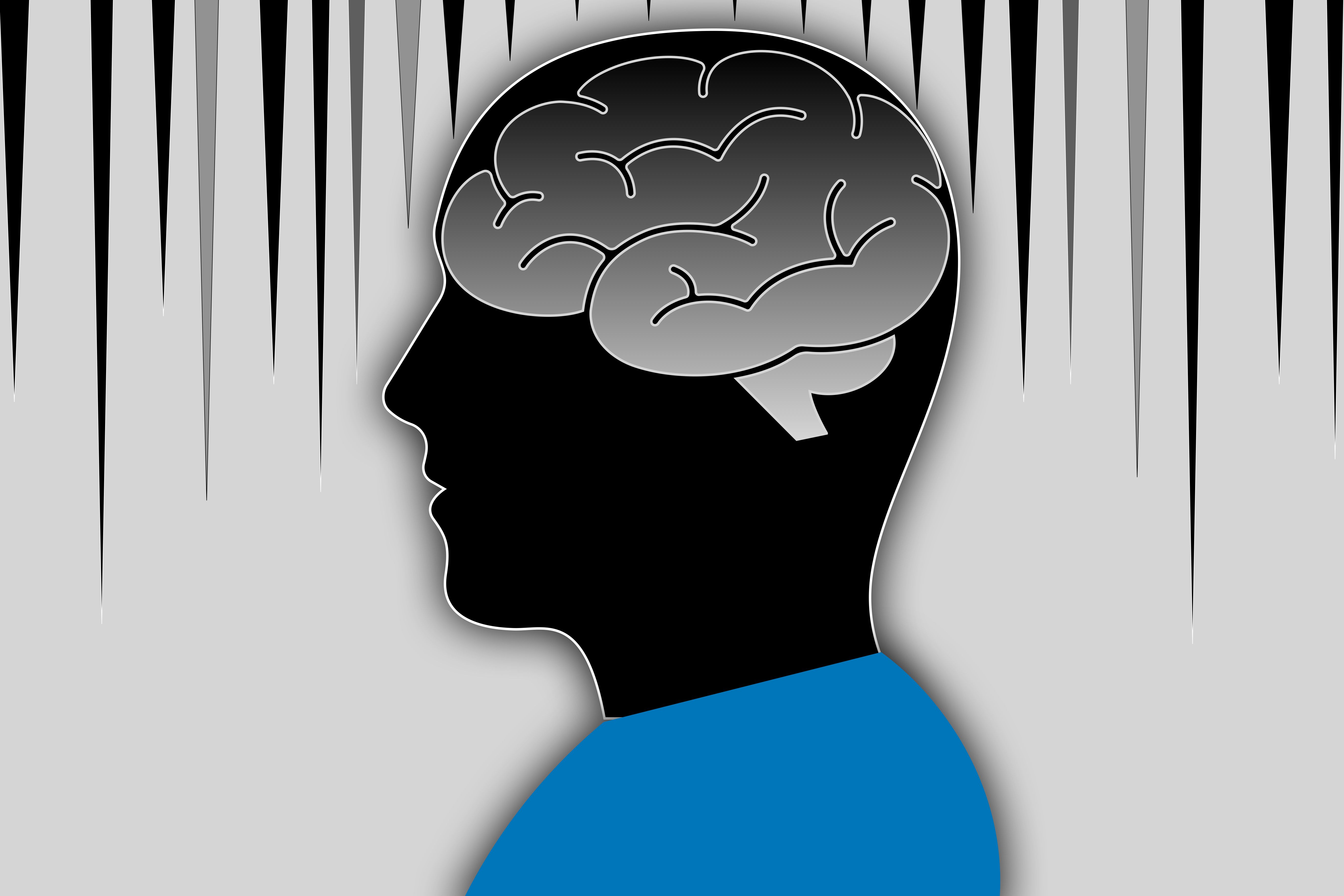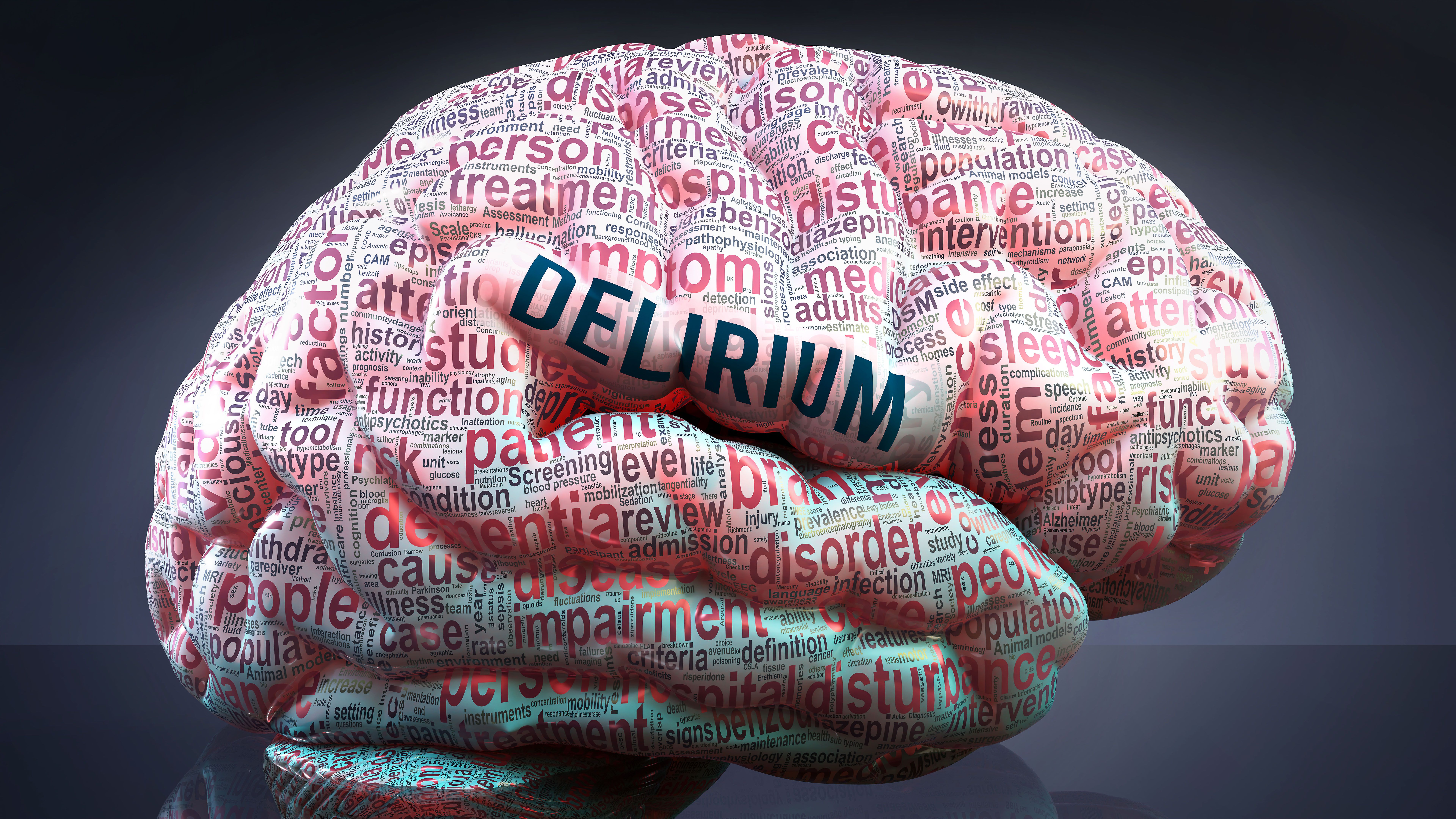
Delirium
Latest News
Latest Videos
Shorts
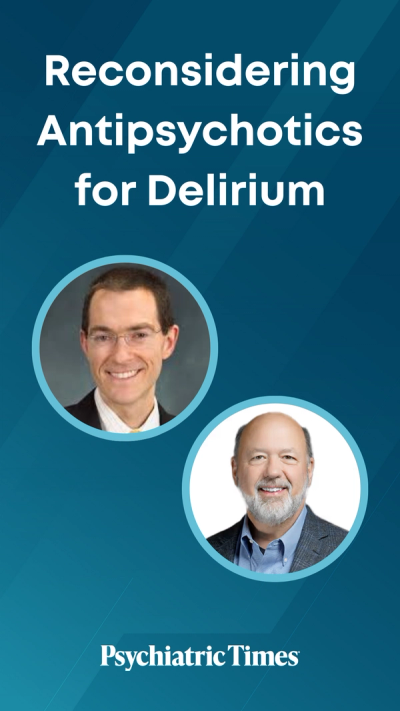
CME Content
More News

Delirium: an underrecognized, underdiagnosed medical condition.

Cannabis has been heralded as a treatment for many conditions, but what about its psychiatric risks?

As we get past the surge (fingers crossed) of COVID-19, the two most striking pathologies we are seeing are a much greater volume than usual of delirium as well as persistent encephalopathy.

How does a pituitary result in a psychiatric emergency? Read more clues to this clinical puzzle.
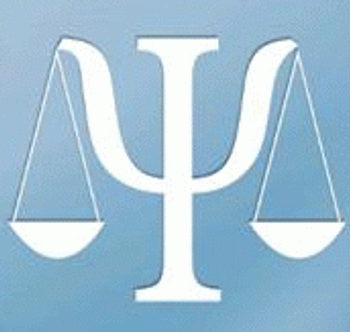
A patient with lupus presents with rash, arthralgias, and altered mental status. Various symptoms, including stupor and mutism, improve with treatment but higher doses of the drug cause more sedation. How would you proceed?

Renewed interest and emerging systematic data have highlighted the frequency and pattern of catatonic presentations in psychiatric and medical settings, including in critical illness.
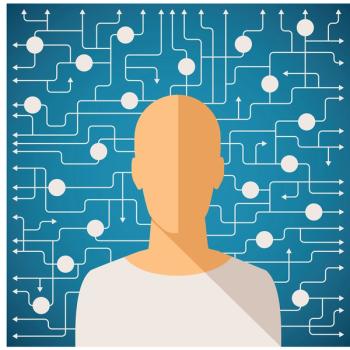
The authors parse myths and facts about decisional capacity, with the goal of preserving patients' dignity and autonomy and helping you mediate conflicts, meet bioethical challenges, and provide compassionate resolutions.
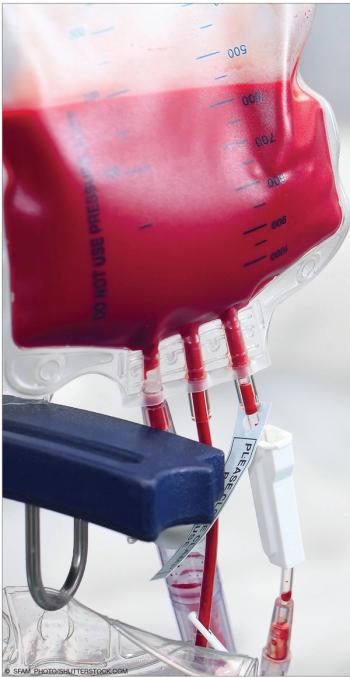
Does this patient have decision making capacity to refuse a blood transfusion that will likely save his life? You are the ethics consultant, and the decision is yours.
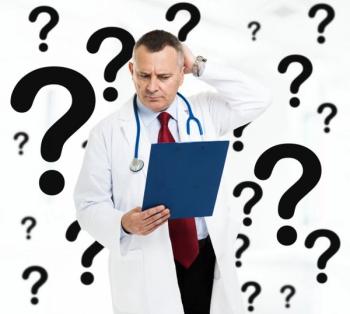
Ethics case quiz: A patient's inconsistent decisions regarding treatment are cause for concern. What to do?

Vascular surgeons, internists, and neurologists all exist-but why aren’t there any vascular psychiatrists? There certainly is a need.

Of the 3 informative articles included in this special geriatric collection, 1 offers a perspective on the treatment of depression that does not focus on somatotherapy. The others remind us of 2 additional geriatric Ds of importance: drugs and driving.

Depression, anxiety, and delirium are 3 examples of common but frequently challenging areas of distress in pediatric palliative care patients.

I teach doctors and nurses how to assess, treat, and prevent delirium-an acute confusional disorder caused by multiple medical problems that mimics mental illness-but is actually a medical emergency.


Delirium has been recognized and described since antiquity. It is a brain disturbance manifested by a syndrome of diverse neuropsychiatric symptoms. Various terms have been used for delirium, such as acute brain disorder, metabolic encephalopathy, organic brain syndrome, and ICU psychosis.

Delirium is characterized by an altered level of consciousness, decreased attention span, acute onset, and fluctuating course. Approximately 15% of elderly patients admitted to the hospital have delirium as a presenting or associated symptom. Delirium will develop in another 15% of elderly patients during hospitalization.

The review article, case presentations, and commentary on delirium in this issue of Psychiatric Issues in Emergency Care Settings provide a comprehensive overview of a challenging medical disorder. This issue is particularly useful for physicians and mental health care providers who work in emergency departments (EDs), on psychosomatic services, and on inpatient units with a significant geriatric population.

Delirium is a disorder that lies at the interface of psychiatry and medicine. It is an acute organic syndrome caused by an underlying medical condition and is defined clinically by disturbances in cognitive function, attention, and level of consciousness.1 Delirium is considered a syndrome because of the constellation of signs and symptoms associated with the disorder, coupled with a wide variety of potential etiologies.

The following case histories illustrate some of the clinical aspects of delirium that were described in the preceding article. Each case is followed by a discussion of the diagnosis, identification of the etiology, and subsequent treatment of an episode of delirium.

In this issue, Drs Heinrich and Sponagle present a thorough overview of the challenges of detecting and treating delirium in the emergency care setting. They also address the high risks involved when the diagnosis is missed. The difficulties of identifying and appropriately managing delirium are not new. However, the importance of doing so is taking on a greater significance because of certain current and forecasted realities that will affect the nation's emergency departments (EDs).

Delirium is characterized by an altered level of consciousness, decreased attention span, acute onset, and fluctuating course. About 15% of elderly patients admitted to the hospital have delirium as a presenting or associated symptom. Delirium will develop in another 15% of elderly patients during hospitalization.

Typically, delirium worsens at night ("sundowning"), with lucid intervals often present in the morning. It is important to realize that delirium may appear before any abnormal laboratory values are detected and may persist after the resolution of these abnormalities.

Delirium must be diagnosed accurately, prevented, and treated because of its pervasiveness and the associated risks of morbidity and mortality.


The 89-year-old woman had undergone hip replacement surgery two days before, had tubes in her arms and couldn't walk. But she blithely announced to her daughter that she was leaving the hospital immediately and started to get out of bed. Astounded, the daughter sought out her mother's physician and asked, "What's going on?"


